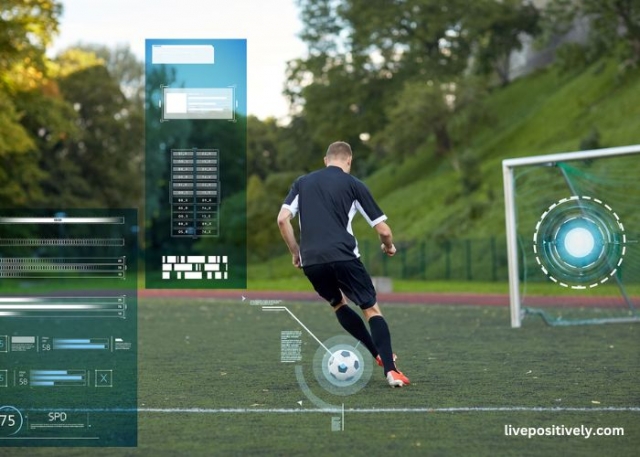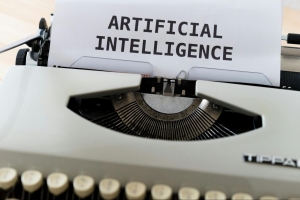Technology has revolutionised practically every single aspect of modern sports - and football is no exception. With the use of digital fitness tracking to using artificial intelligence to analyse games, technology has changed everything… the way footballers train, the way they recover, and helping them improve their overall performance. There are constant innovations in wearable tech, virtual reality training and simulations, data analytics and all sorts - that have completely transformed traditional training methods - so players can now reach new levels of skill, fitness, and tactical understanding than ever before.
Wearable Technology and Performance Tracking
One of the biggest advancements in all types of sports training has to be wearable technology. Players use things like GPS trackers, heart rate monitors, and smartwatches so managers, coaches and the players themselves can monitor their physical activity, how they move around the pitch and how their body is reacting to the training. They can measure things like how fast they are running, how much distance they cover in a match, their acceleration, and the body's level of fatigue, which makes it easier for coaches to create training programs specifically designed for what each player actually needs.
There are also GPS tracking vests that players often wear under their training kits and these essentially provide coaches and trainers with real-time data on the player's workload. This can then be used to know how best to prevent injuries and make sure they're always at their top fitness levels. What's more, by tracking things like heart rate variability and exertion, it can help medical teams see whether any of the players are at risk of over-training or potential injury.
Data Analytics
Data analytics is hugely important when it comes to making sure players are always playing at the top of their game. Clubs that are trying to top the UEFA Champions League winner odds have to go all out to invest by using AI-powered software, which will break down match footage and give them insights into where each player is positioned, the movement of the ball and the team's overall tactical efficiency.
So, for example, AI-driven platforms can analyse literally thousands of match situations, which can help coaches and managers make decisions about formations, defense and passing patterns based on actual data. Players also benefit from this as it means they can actually visually review their own performances and learn from their mistakes.
Virtual Reality and Simulation Training
Then, there's Virtual Reality - where players get all the benefits of playing in a real match without the exertion and risk of injury a real match involves… which is great for training.
So, for example, goalkeepers can use VR simulations to practice penalties, while outfield players can use it to work on their passing, dribbling, and defensive reactions all in a virtual and safe environment, with no possibilities of being struck down by training injuries. These can really help players sharpen their skills without the risk of injury and overtraining.
Biometric Analysis and Injury Prevention
Medical technology has also got a lot better - which can really help players recover from tough games or training sessions. Clubs can now use biomechanical analysis to assess factors such as how a player moves around the pitch to help identify potential injury risks. They use motion capture technology and pressure-sensitive mats to look for things like imbalances in movement and thus develop personalised training programs to help correct them.
Then, there are Cryotherapy chambers and hydrotherapy pools that are now pretty standard in top football clubs. These speed up muscle recovery and reduce inflammation so players can stay in top condition all season.
Artificial Intelligence Used in Scouting and Training
Clubs have also started to use AI to help recruit and train players. They analyse huge amounts of data to try and identify the most promising talents based on how they play, as well as their strengths and weaknesses. It can help teams to uncover hidden gems wasted in lower leagues and develop their younger players with more personalised coaching.
There is no doubt that technology has completely changed the way footballers train. With wearable tech, VR and AI, it's evolved beyond all recognition and with technology improving all the time, there's no doubt football training will continue to adapt as well.






